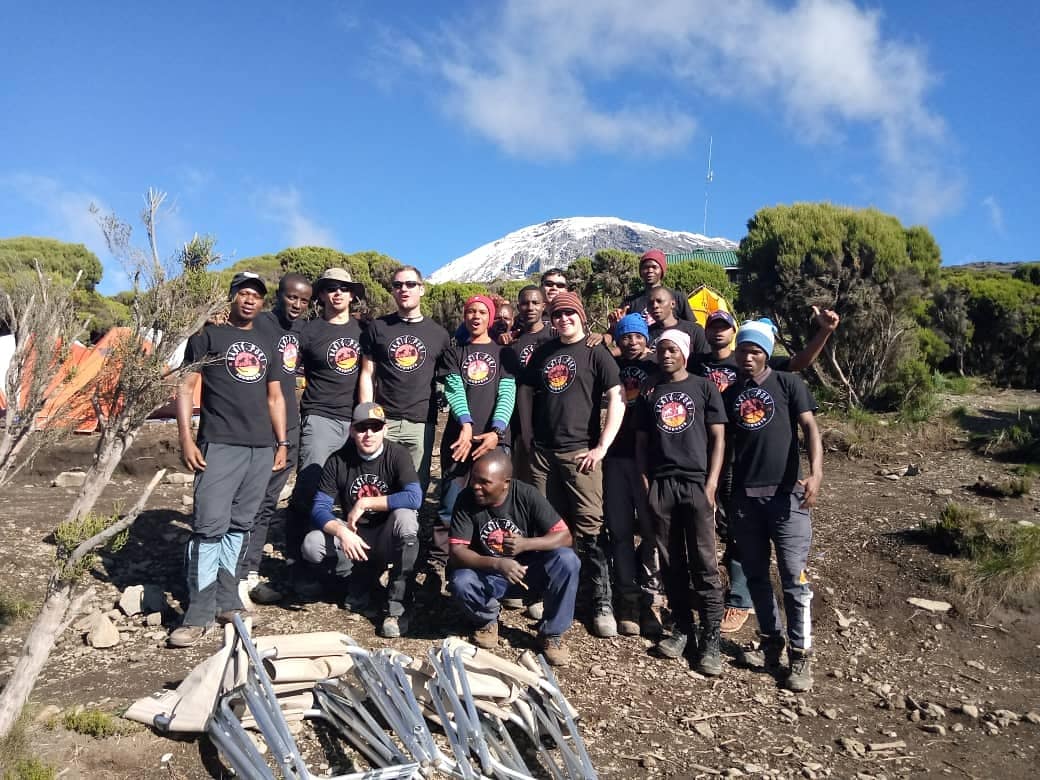
Kilimanjaro Crew & Tipping: What to Know
Climbing Mount Kilimanjaro is an extraordinary adventure, but it’s also a team effort. Behind every successful summit, there’s a dedicated crew working tirelessly to ensure your safety, comfort, and overall experience on the mountain. From the guides who lead you up the slopes to the porters who carry your gear, each member of the crew plays a crucial role in your journey. Our Kilimanjaro Crew & Tipping Policy page outlines the importance of the crew, their roles, and how to appropriately tip them for their hard work and support.